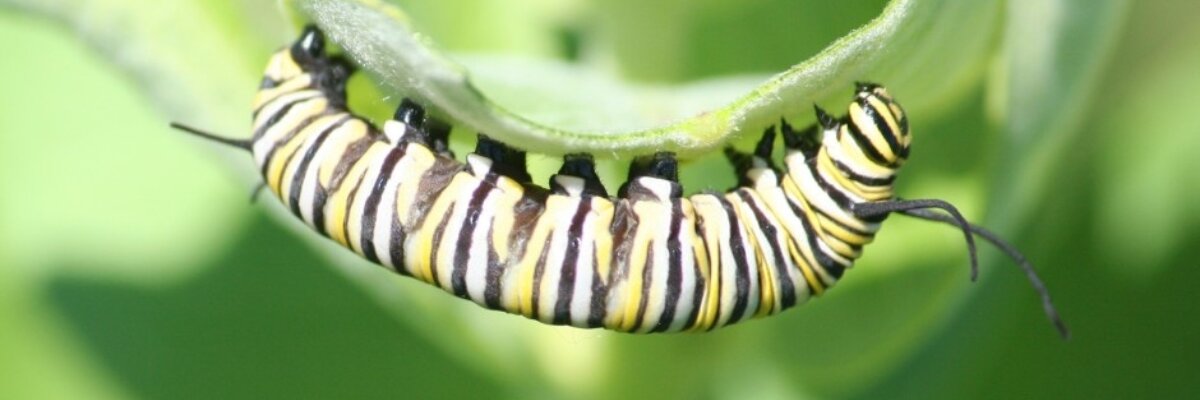
Laws/Ordinances
- Is my garden protected from local regulations (such as weed ordinances, HOA guidelines, etc.) because it is a pollinator habitat?
Your garden will not automatically be protected from potential local regulations because it is a pollinator habitat. Sometimes local regulations limit the type of plants or the height of plants that you are allowed to grow on your property. You should check with your local agencies to determine if there are any regulations that apply to your area.
Individuals and communities can impact their local ordinances, for example by getting milkweed removed from prohibited weed lists or allowing exceptions to height restrictions for certified pollinator habitats. For more information about how you can make a difference in your community, reference this FAQ.
- Do I need a permit to drive monarchs across state lines?
Yes, you do need a permit given by the USFWS to transport monarchs across state lines. As the temperature begins to drop during the fall some might still see monarchs ( they don't all migrate at the same time). Rather than transporting monarchs to Mexico (or overwintering sites in Southern California), we encourage people to let the monarchs make the migration on their own as nature intended.
- What can I do if my community has restrictions on planting milkweed and other native plants?
Sometimes local laws and ordinances will have restrictions on the growing of milkweed or native nectar plants, or stipulate mowing of potential monarch habitat. Education efforts from concerned community members can motivate a change in these policies. If changing these laws entirely is not feasible, smaller scale steps can also be taken, for example creating a permit to allow growing of milkweed or nectar plants.
Encouraging your mayor or other exective office to take the Mayors' Monarch Pledge can motivate them to take concrete actions such as removing milkweed or native nectar plants from noxious weeds lists. The Monarch Conservation in America's Cities guide is a great resource for considering the Mayors' Monarch Pledge. Many cities interested in pollinator conservation have created a formal ordinance or resolution, identifying pollinator friendly practices their city will conduct and designating their city as pollinator friendly. You can view an example ordinance here, this ordinance passed in Stillwater Minnesota in 2015.
An important way to encourage your city or community to change is to meet with your city councilors or represetatives, and present at your city council meetings. Bringing in partners from the community such as schools, native plant businesses, and conservation organizations can help make the case. Coming prepared with educational resources, presentations, and tangible actions for your representatives to take will help your cause.
For educational resources about monarchs and milkweed to share with your representatives, visit our Educate Others page. Also see the MJV handout Mowing: Best Practices for Monarchs for recommended timing of mowing and management actions as an educational resource. For information about advocating for monarchs at the state or national level, find more information on our Advocate page. There are many examples of cities and states removing milkweed from their noxious weed lists, including Toledo, Ohio, the state of Illinois, and many others.
For tips on how to approach your homeowners association about changing their landscaping requirments, check out the article Sway Your HOA published by the Lady Bird Johnson Wildlfower Center.
- What should I do if there are laws or ordinances that I feel are detrimental to monarchs and their habitat?
No matter what the scale, if you have concerns with rules or regulations, you should contact your elected officials to share your perspective and any evidence supporting your argument that could help effect change. Learn more about how to contact your elected officials on MJV's Advocate Page.
